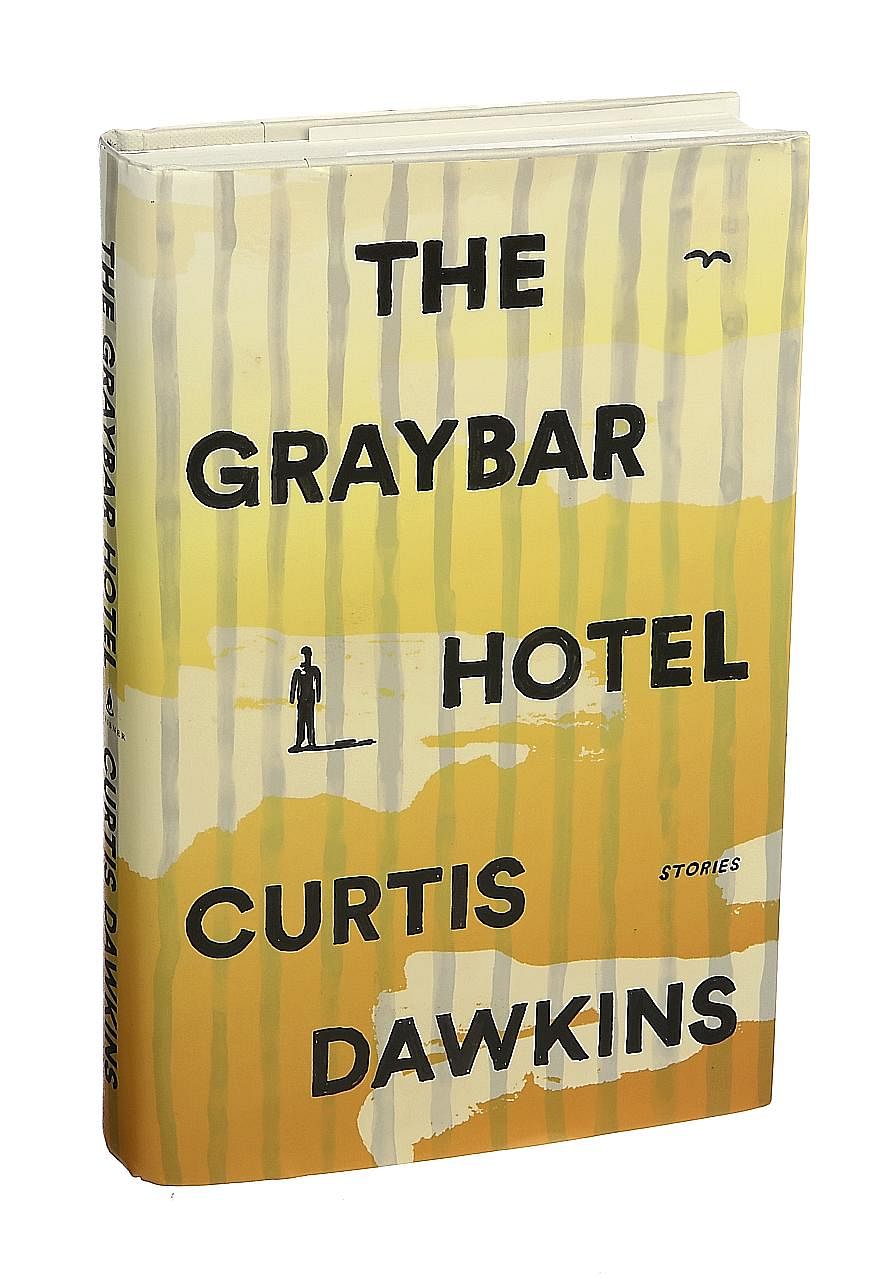NEW YORK • In 2016, Curtis Dawkins, who is serving a life sentence in Michigan in the United States for killing a man during a botched robbery, got some unexpected good news.
Scribner, one of the top literary publishing houses in the country, wanted to publish his debut collection of short stories and offered him US$150,000 (S$197,000).
Dawkins had been incarcerated for nearly 12 years and writing fiction as a form of escape.
When The Graybar Hotel came out last year, he was praised as a gifted stylist whose stories illuminated the often overlooked lives of prisoners.
He put the money into an education fund for his three children.
But his surprising literary debut also caught the attention of Michigan's attorney general, who now wants Dawkins, 49, to use his windfall to pay for his incarceration.

Michigan is seeking 90 per cent of his assets, including "proceeds from publications, future payments, royalties" and the money that his family puts in his prison account.
The state's complaint, filed in October, tallied the cost of his imprisonment since 2005 at more than US$372,000. A hearing is scheduled in Kalamazoo for next Monday.
Dawkins, who cannot afford a lawyer, is representing himself.
In the acknowledgements in his book, he described the guilt he has lived with after the murder.
But his literary success was clouded by his dark past and some questioned whether he deserved a book deal.
In an interview with The New York Times for an article about Dawkins, Mr Kenneth Bowman, brother of the victim, said he thought Dawkins should not be able to write and publish from prison and that any money he gets should go to the victim's family or a charity.
Within a few months of The Times article, a headline in The Detroit News asked whether Dawkins should be allowed to profit from tragedy.
Not long after that story appeared, he received the court summons for partial "reimbursement to the state" for cost of care.
Michigan is one of more than 40 states where prisoners can be forced to pay for their incarceration expense, according to the Brennan Centre for Justice at the New York University School of Law.
Dawkins started writing fiction in college, as an English major at Southern Illinois University. He later enrolled in a graduate writing programme at Western Michigan University in Kalamazoo where he met his partner, Ms Kimberly Knutsen.
He became a father to her three-year-old son. They later had two more children.
But Dawkins, who has struggled with addiction and alcoholism since he was 12, slipped back into drug use. One October night in 2004, he shot Mr Thomas Bowman.
After his arrest, he felt suicidal. Then, after about a year, he started writing fiction. His sister submitted the stories to small journals.
Mr Jarrett Haley, founder of a small literary magazine which published Dawkins, helped him edit a story collection and get a literary agent.
After the lawsuit against him was filed, the agent suspended all payments from the publisher, on the state's orders.
The state also froze his prison account, leaving him with a stipend of US$25 a month. Previously, his family had been sending about US$200 to US$300 a month to his account, which he uses for phone calls, snacks and paper for his typewriter.
In a telephone interview from prison, Dawkins said his family is being unfairly punished.
"It hurts my kids," he said, referring to the money from the publisher being cut off for now.
"I did wrong, but those kids are completely innocent."
NYTIMES
